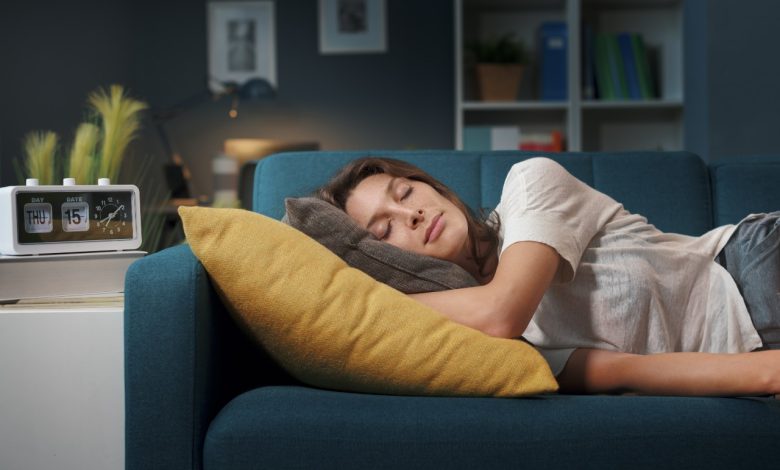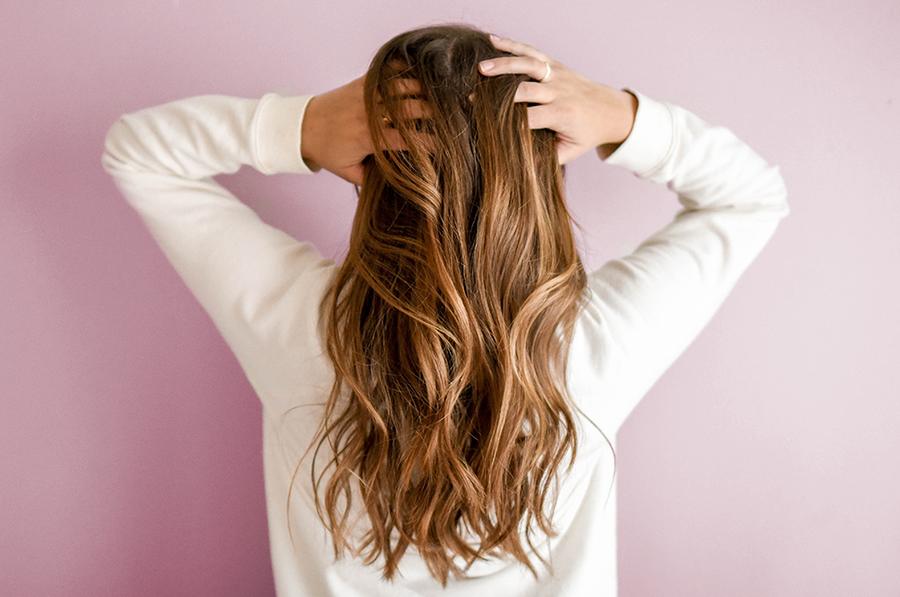
Power Naps: Are They Really Effective?
What is a Power Nap?
A power nap is a short nap—usually between 10 to 30 minutes—taken during the day to boost energy, focus, and mood.
It’s not about deep sleep. It’s about giving your brain a reset button.
Think of it like charging your phone when it hits 30%. You’re not fully drained yet—but you’re getting there.
Benefits of a Power Nap
If you do it right, even a 20-minute nap can give you:
Better concentration and alertness
Improved memory and learning
Reduced stress and anxiety
More energy to get through the rest of the day
Enhanced creativity and problem-solving skills
Mood lift—you’ll feel less irritable and more refreshed
The Golden Nap Window: How Long Should You Sleep?
10–20 minutes → Best for a quick mental and physical boost. You stay in light sleep and wake up feeling fresh.
30–60 minutes → Deeper sleep stage begins. You may wake up groggy or sluggish. Not ideal if you have work right after.
90 minutes → A full sleep cycle. Great if you have more time and want to refresh your brain and body (helps with memory, too).
But the safest, most effective power nap is: 20 minutes.
When’s the Best Time to Nap?
The ideal nap time is between 1 PM and 3 PM—when most people naturally feel a dip in energy.
Napping too late (like after 4 PM) can interfere with your nighttime sleep.
Tips to Make Your Power Nap Actually Work
Find a quiet, cozy space – A bed, a sofa, or even your desk with a neck pillow
Set a timer – So you don’t accidentally nap for 2 hours
Use an eye mask or dim the lights – Helps your brain calm down faster
Try white noise or soft music – Optional, but it can make napping easier
Don’t nap immediately after eating – Wait at least 30 minutes to avoid grogginess
Who Should Be Careful with Power Naps?
While power naps are safe for most people, be cautious if:
You have insomnia or trouble sleeping at night
You find yourself needing multiple naps every day (might mean poor nighttime sleep)
You nap too long and feel worse afterward
In these cases, it’s better to focus on improving your sleep hygiene at night instead of relying on naps to survive the day.
So, the next time your eyes are heavy, your brain is foggy, and your to-do list feels impossible…
Don’t fight it. Close your eyes. Set a 20-minute timer. Let your brain breathe.










